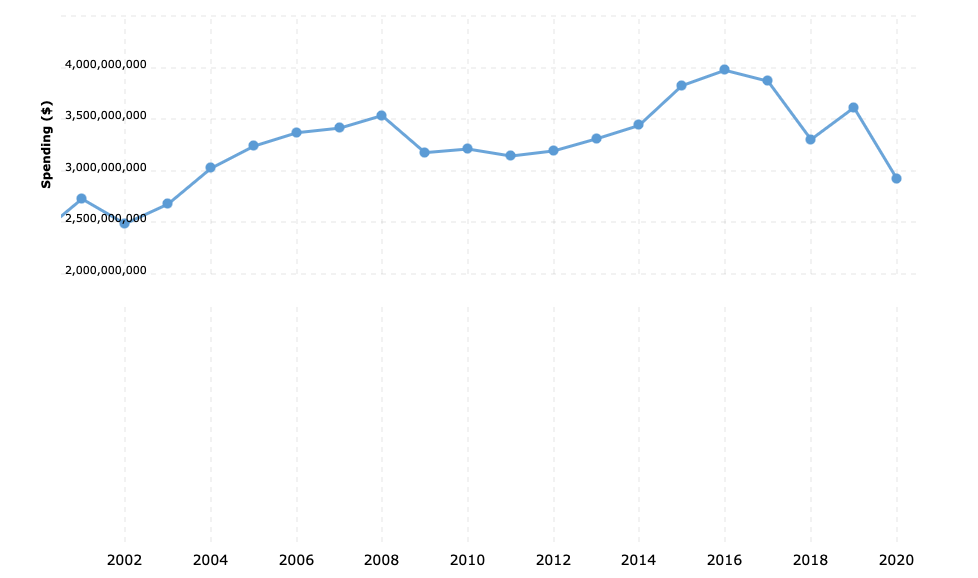Broadly speaking, tourism has not been as lucrative for Puerto Rico as it has been for other tropical island paradises. But tourism was heading upward before the 2017 hurricane season. And it was recovering before the pandemic.
In 2020, Puerto Rico hosted 4 million tourists, according to World Data. This put the Island in 16th place in the Caribbean. 2.8% of the economy runs on tourism — compared with 21% for Hawaii. Discover Puerto Rico says there were nearly 5 million in 2021. So far this year, the total tops 6 million. The CEO of Discover Puerto Rico, Brad Dean, claimed that tourism now makes up 10% of the Island’s economy, though other estimates put the figure at 6-7%. In the middle of the tourist season, as we currently are, the number is a moving target. However, it does appear that things are looking up for tourism in Puerto Rico.
Aggressive COVID-19 policies and a successful vaccination campaign put Puerto Rico in a strong position to bill itself as a safe space to visit once COVID restrictions have been lifted. There have also been bold steps forward in marketing Puerto Rico, focusing on differentiating Puerto Rico from other tropical destinations. As the Discover Puerto Rico team points out, all the competing island destinations have beautiful beaches. Emphasizing beaches doesn’t set Puerto Rico apart.
Instead, their “Live Boricua” campaign shows pictures of the people living on the Island. “We’re emphasizing not only the unique cultural heritage of the island and the unique experiences, but also the uniqueness of the people,” Dean told Skift.
Airbnb
Airbnb and other short-term rental properties, largely owned by people from the states, have played a major part in the resurgence of tourism. There has been some conflict over illegal short-term rental properties being built in public areas. There have also been concerns that the off-Island owners are making it more difficult for local people to buy property, a concern which is coming up in many states as well.
At the same time, efforts to extend tourism geographically may be a rising tide that will lift all boats. Tourism marketing is no longer focused entirely on bringing New Yorkers and Floridians to San Juan. Instead, efforts focus on increasing awareness of other parts of the Island in other parts of the states. Experts hope that this broadening reach will reduce the negative impact of the Airbnb issue.
Jobs
The result of the increase in tourism is lots of jobs in the hospitality sector. A record-breaking 83,000 people were working in tourism-related jobs in 2021 and the number climbed past 86,000 this simmer. Puerto Rico is seeing a labor shortage in this field, just as the states are, but more people are working in the industry than ever before.
Jobs in restaurants and hotels often pay less than other types of jobs, so they can be harder to fill than jobs in the professions or in manufacturing. However, there are also well-paid jobs in the industry, and opportunities to move up from entry-level positions.
Tourists also bring outside funds into the Island. Spending at local restaurants, stores, and attractions stays in the community and supports Puerto Rico. This boost to the economy provides jobs beyond the obvious hospitality positions.
When Hawaii became a state, airport arrivals doubled. As Hawaii History describes it, “The early 1960s brought the advent of jet travel and an astronomic leap in island tourism. Hundreds of weekly visitor arrivals jumped to thousands.” They say that statehood also brought “a Hawaiian cultural renaissance.” Puerto Rico should expect the same benefits from statehood.








No responses yet